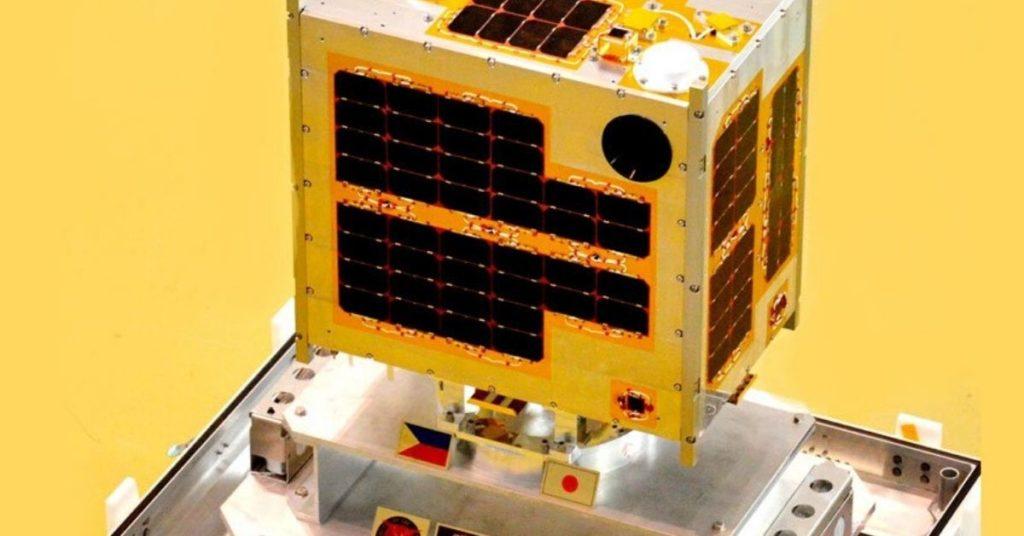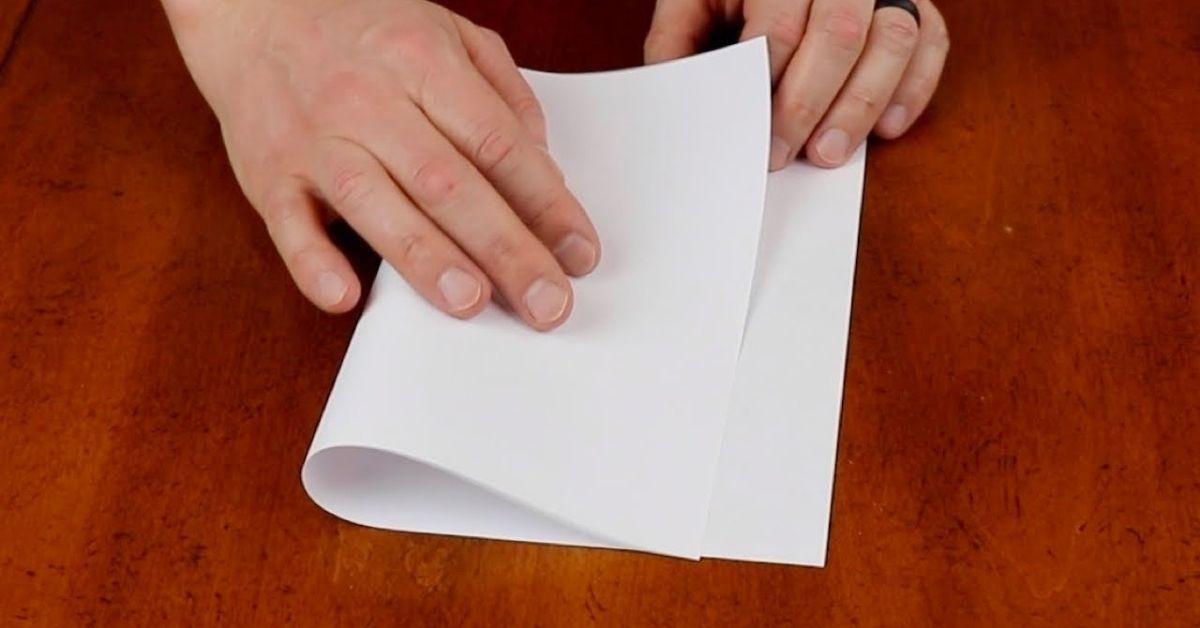FlipFact of the Day: Diwata-1 has taken thousands of images from space, all of which are free and accessible to the public.
Diwata-1 was the first Pinoy-made microsatellite sent into space via the Philippine Scientific Earth Observation Micro-Satellite (now known as STAMINA4Space) Program of the Department of Science and Technology, in collaboration with the University of the Philippines Diliman and Japan’s Tohoku University and Hokkaido University.
To boost research and knowledge exchange, photos taken by Diwata-1 can be accessed through www.phl-microsat.upd.edu.p
Today’s Science History Milestone: On October 1, 1964, Japan’s now-famous bullet trains (“shinkansen”) began operations, offering high-speed travel from Tokyo to Osaka.
Still remember your 5th-grade science classes? Test your knowledge and see if you still remember these facts and fundamental concepts in human anatomy, biology, botany, and other branches of science. Click here to try the “Are You Smarter Than A Pinoy Fifth-Grader” Challenge.
Follow the hashtag #FlipFacts on Facebook and Instagram to get your daily dose of science trivia!
Cover image: Wikimedia Commons
References
- https://www.flipscience.ph/space/10-things-need-know-diwata-1-project/
Author: Mikael Angelo Francisco
Bitten by the science writing bug, Mikael has years of writing and editorial experience under his belt. As the editor-in-chief of FlipScience, Mikael has sworn to help make science more fun and interesting for geeky readers and casual audiences alike.







